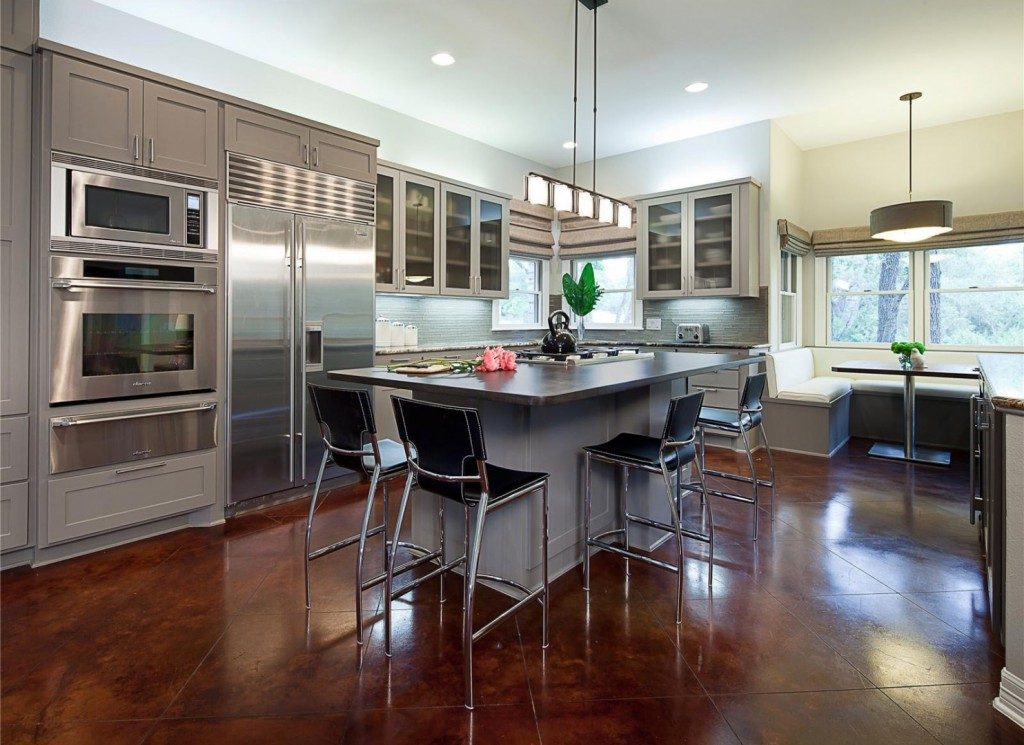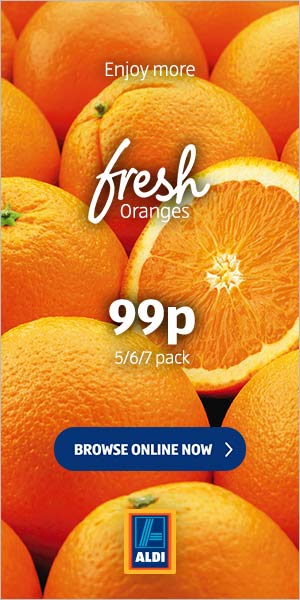Find the Best Flooring Type for Your Kitchen
Kitchen floors have to put up with a lot, from food and drink spillages to a high amount of foot traffic. Getting the flooring right is extra important in what is often the busiest room of a home. We’ve explored the pros and cons of the three most popular flooring types, to help you choose the right one for your kitchen.
Best for: Kitchen design that won’t date
Hardwood flooring, such as can be found on sites like https://www.truehardwoods.com/product-category/hardwood-flooring/, is ideal for homeowners seeking a stylish finish that will last for years to come. The natural look appeals to everyone and is a great way to invest in your home. In fact, when you come to sell your house in the future, you will find that a hardwood floor can help to add value as it such a desirable feature. Not only this, but highly durable, hardwood flooring can withstand decades of wear and is relatively low maintenance. Engineered flooring is the best choice of timber for use in kitchens. Featuring a solid wood wear layer bonded to several layers of specially configured plywood, these combine to create a rock-solid foundation. The stability that this structure provides makes the flooring less sensitive to the humidity levels and temperature changes often found in kitchens. Timber flooring is a great choice for an open-plan kitchen, as it can continue into the living areas to help the flow between the separate spaces. “Hardwood floor refinishing Near me” is a good search option if you find yourself tired of your old flooring and want to know more about hardwood floors. This way, you can talk to a professional properly before making any hasty decisions.
Moreover, what about the cons of hardwood flooring? As it is one of the most expensive flooring types, many people are reluctant to invest in hardwood flooring with so many cheaper alternatives now available. Be careful with spills, as too much liquid can cause serious damage to wood. Opt for a prefinished water resistant material that is designed for high traffic areas such as kitchens.
Best for: A durable surface that can handle anything
For the toughest flooring, choose tiles. Porcelain floor tiles are particularly strong, as they are fired at high temperatures to provide a tough and durable surface that is able to withstand the high foot traffic and changing temperatures of the kitchen. Floor tiles are easy to clean as marks simply wipe off, so they are unlikely to stain. They are also less vulnerable to scratches than vinyl or laminate flooring. Glazed or polished porcelain is non-porous which makes it both water-resistant and unable to harbour harmful bacteria. Like the natural look of stone but want something low maintenance? Tiles come in all types of colour and finish, and can mimic the texture of real stone at a much lower cost.
What’s not so good about tiles? If dishes or glasses are dropped onto it they are almost guaranteed to shatter. Tiles can feel cold and uncomfortable underfoot, so consider adding slip-proof rugs or mats to key areas. They also require maintenance- grout should be regularly cleaned and resealed to protect it from staining.
Best for: New flooring on a budget
Vinyl flooring is ideal if you are looking to keep costs low while replacing your floor. What used to be considered the last resort and cheapest option is becoming increasingly popular, as vinyl is now available in a stylish range of designs and textures. It comes in sheets or tiles that mimic other materials such as stone, wood, or ceramic tile at a fraction of the cost. Vinyl is softer and therefore more comfortable underfoot than harder flooring materials such as tile, which also means that crockery is less likely to break if dropped on it. As it is almost completely waterproof and stain-proof, vinyl is easy to keep clean. It is also a low maintenance option as it requires no upkeep other than sweeping and mopping.
The downside? Vinyl can dent and tear, making it less durable than more expensive flooring options. In larger spaces you may have seams in your vinyl flooring, which can let in moisture and trap dirt if not tightly bonded. Although vinyl flooring is one of the most affordable options, it does not last as long- it will usually start to show wear after around five years.


